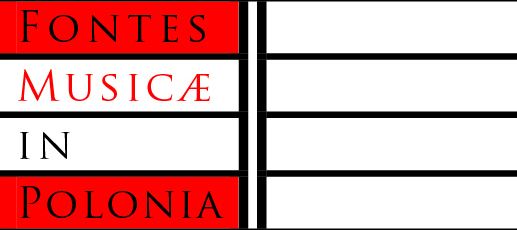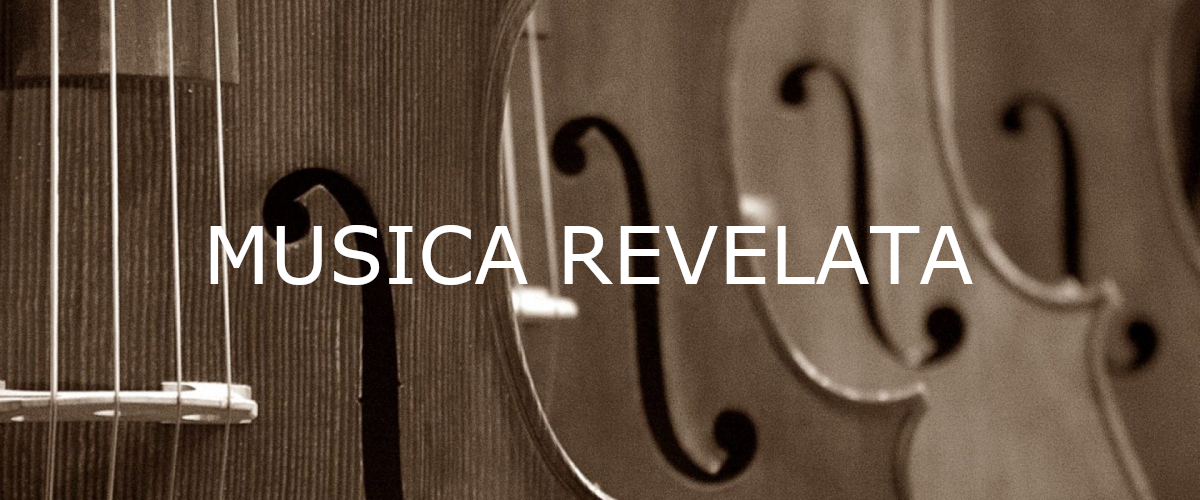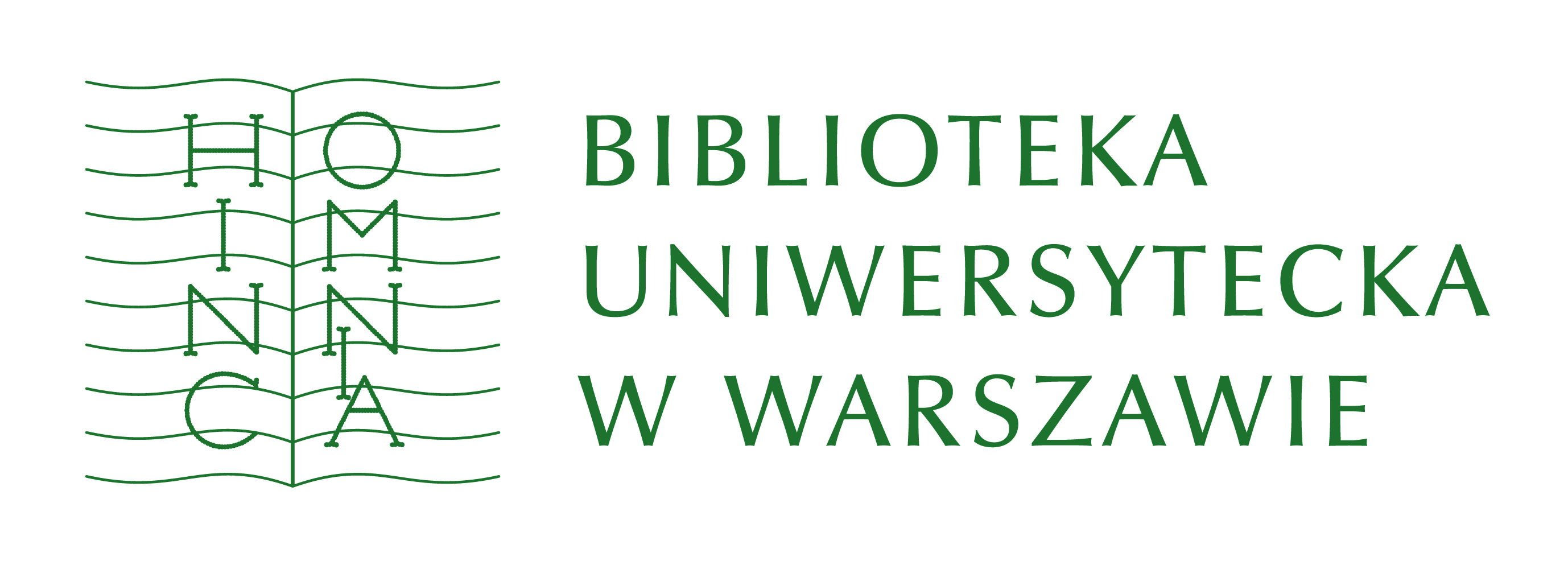Warsaw Gamelan Group

One of the most characteristic elements of Indonesian culture is gamelan – the traditional ensemble accompanying dance and wayang theatre. Gamelan (from the Javanese word for an act of striking) is made up predominantly of percussive instruments – metallophones like gongs and metal bar instruments, usually made of bronze, as well as xylophones, membranophones (two-membrane cylindrical drums), complemented by chordophones (string rebab lute, siter, less often violin) and aerophones (bamboo flute or shawm). The indigenous inhabitants view gamelan not as an ensemble of individual instruments, but as one, inseparable whole.
Unlike various ensembles or orchestras of the Western civilisation, which usually are collections of instruments independent of each other, gamelan is made up of sound tools which, with few exceptions, cannot be used as solo instruments. Gamelan music, referred to also as karawitan by the Javanese, is thus typically team music requiring close, precise cooperation from the performers. An analysis of the gamelan repertoire and observation of the links between the playing of the various instruments reveal – in addition to beauty of aesthetic nature – gamelan’s extraordinary order, logic of form, mathematical beauty even.
The first gamelan concerts outside Indonesia were held in the 1950s, shortly after the country gained independence. In 1958 the national gamelan ensemble of the Republic of Indonesia visited Poland during its European tour and gave a performance at the Congress Hall of the Palace of Science and Culture in Warsaw, presenting music, dance and theatre from various provinces of Indonesia. Today gamelan music is popular not only in Indonesia, but also in Western Europe and North America, where it is commonly used also in higher education (there are over 100 active ensembles at American universities). This type of activity was promoted in the 1950s by the Dutch musicologist Jaap Kunst; gamelan ensembles still exist today not only at music or musicology faculties and institutes, but also Oriental and culture studies departments. Indeed, learning to play the gamelan is not just seen as a way of learning about interesting sound phenomena and compositional techniques, but is also valued as a very effective and relatively quick introduction to South Asian cultures, a means of engaging in intercultural dialogue and acquiring teamwork skills.
In 1985 the Embassy of the Republic of Indonesia in Warsaw brought a set of instruments from Java (this was the first gamelan instrument set brought to remain permanently to Poland). In the early 1990s the Indonesian embassy began to cooperate with the Institute of Musicology, University of Warsaw, which gave rise to the gamelan workshop ensemble (about thirty students a year), still active today. Classes with its musicians were conducted by Soegiyanto (regular consultant), Dr Marzanna Popławska, Dr Tomasz Nowak, Mgr Dawid Martin, Mgr Tomasz Matlingiewicz, Mgr Marta Kramicz and Mgr Maria Szymańska-Ilnata. From the workshop group there emerged the Warsaw Gamelan Group, made up of current students and graduates of the Institute. It is no longer just a workshop group, but the first and only musical ensemble of its kind in Poland. The ensemble has given numerous concert across the Poland (in cities like Częstochowa, Gdańsk, Grudziądz, Kraków, Lublin, Poznań, Toruń, Warsaw and Wrocław) as well as in Czechia (March 2006), taking part in various events and festivals.
In addition, some WGG musicians gave concerts also in Indonesia, as part as their joint projects with local artists. On 23 November 2006 Wanda Kotowicz – former University of Warsaw staff member and patron of Indonesian culture – funded and gave the Institute of Musicology, University of Warsaw, a full set of Central Javanese gamelan (associated with the centres of power of old Javanese kingdoms, and the still existing – though much reduced – Sultanates of Yogyakarta and Surakarta, gamelan gedhe or gamelan ageng), which is the biggest set in Poland and one of the most complete sets of this type in Europe. The instruments are regularly used by students form the workshop and concert gamelan groups. The groups’ repertoire includes Central Javanese music of various genres and historical periods.
The group’s current tutor is Mgr Dawid Martin, closely collaborating with Mr. Soegijanto – a Javanese artist living in Poland for many years – Tomasz Matlingiewicz and Maria Szymańska, graduates in musicology from Warsaw and art studies from Central Java. The cooperation between the Institute of Musicology and the Embassy of the Republic of Indonesia in Warsaw has also resulted in twelve scholarships granted under the DARMASISWA programme, run by the Ministry of Culture and Education of the Republic of Indonesia since 1978 (IM UW graduate Marzanna Popławska was the first Polish holder of a scholarship in this programme).











